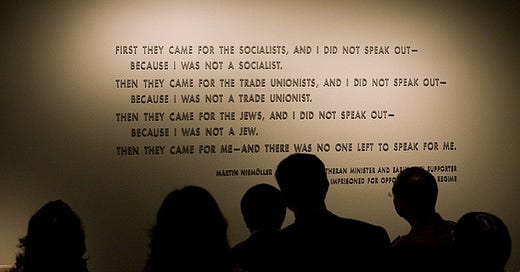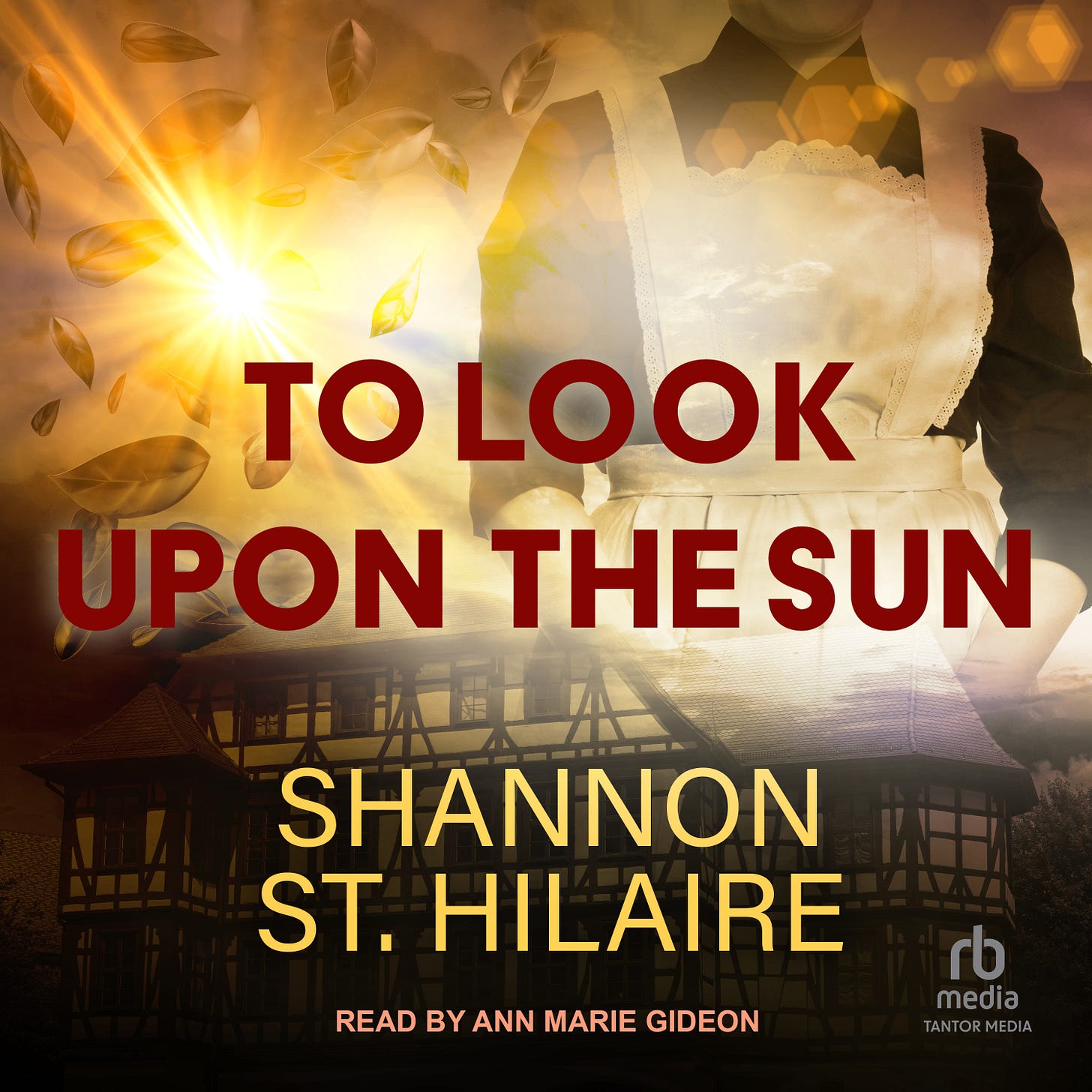Recently I saw a Q&A in which a literary agent said she’s more or less inundated by historical novel queries from writers—but that publishers aren’t acquiring the genre so she’s unable to take them on.
I found this interesting. Why would publishers stop taking historical fiction?
It’s a mystery to me, because these times are ripe for diving into history.
On the one hand, there’s escape from the current situation of our world into one which, if still dark, is removed from our own experience and therefore still provides some relief.
On the other hand, reading historical fiction is like hearing a dozen alarm bells going off at the same time. As humans, we’re doing the same things over and over, only wearing different costumes—and, unfortunately in many cases, we’re getting much faster and more impactful with each iteration.
Historical fiction is so much more than cautionary tales. In reading/writing historical fiction and researching history, I’ve learned, not just about the warning signs of impending disaster, but what everyday people can do after it strikes.
What is the modern-day equivalent of hiding a family in your attic to help them avoid deportation? I’m not sure yet, but there is one.
How about printing fake ration cards to feed that family, and false papers to help them escape?
Or joining the Special Operations Executive and going undercover to sabotage Nazi efforts?
Many ways haven’t changed much. Several members of the largest resistance network in Nazi Germany—the Red Orchestra—held important roles in government, and delivered intel warning the Allies what was to come. They also printed and distributed stories of the horrors witnessed on the front lines, sneaked food to prisoners, and much more. They were tireless in their efforts, and they used their privileged placements within the regime to work to destroy it from within.
There’s so much history can teach us about what we can do.
A quote I read at the Holocaust museum in Washington D.C. continues to haunt me.
First they came for the socialists, and I did not speak out—because I was not a socialist.
Then they came for the trade unionists, and I did not speak out—because I was not a trade unionist.
Then they came for the Jews, and I did not speak out—because I was not a Jew.
Then they came for me—and there was no one left to speak for me.
—Martin Niemöller
Then there’s the matter of scope and perspective. When I look at the thousands of years of human history, the endless repetitive cycles, and realize that what ancient Egyptians went through isn’t all that different from what we go through, and how even their history is relatively recent, it helps me put things in perspective. Our moment in time is a blip. Even when our biggest moments hit, good or bad, and it feels like the whole world is affected, we can look back and see that this happened before, and that afterwards the pendulum swung in the other direction, and humanity survived the un-survivable.
It’s not as a good as if bad things didn’t happen at all, but I believe there’s some comfort in realizing our relative smallness, and the resilience of life.
That’s my rant on the importance of history, which chances are, you agree with, and I’m preaching to the choir.
Okay, so you know history’s important. You get it already—why read historical fiction when you can read about dragon colleges and only-one-bed tropes instead? That’s true escapism. That’ll make us feel better, right?
Sometimes it does. But sometimes there’s a certain desire to feel less alone, which historical fiction can uniquely bring us. We can read about a protagonist in a world gone mad, doing they best they can to survive and to help, and you have this companion from the past who also faced impossible things and found their way. You might even feel less crazy, less lonely, more hopeful, maybe even inspired. That’s why historical fiction has never been more important.
Thus concludes my TED Talk. Thanks for reading, and please keep reading historical fiction!
If you want to read more about people doing what they can do in difficult times, you might be interested to know that the To Look Upon the Sun audiobook has been released. It’s officially available for your listening pleasure!






Four of the current top ten bestselling fiction books in Canada are historical (1, 4, 9 & 10):
1. The Paris Express by Emma Donoghue
2. Dandelion by Jamie Chai Yun Liew
3. Etta and Otto and Russell and James by Emma Hooper
4. Finding Flora by Elinor Florence
5. The Life Cycle of the Common Octopus by Emma Knight
6. Watch Out for Her by Samantha M. Bailey
7. The River Has Roots by Amal El-Mohtar
8. The Grey Wolf by Louise Penny
9. The Berry Pickers by Amanda Peters
10. The King's Messenger by Susanna Kearsley
I expect similar in the US. This agent's opinion is just one opinion and I'm not sure it's correct.